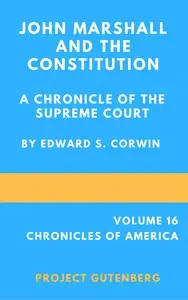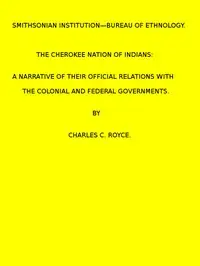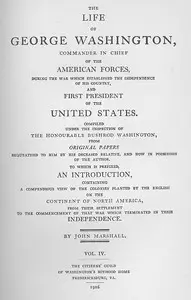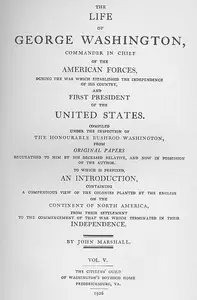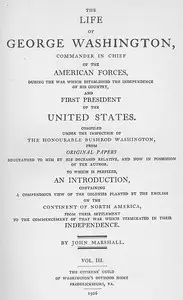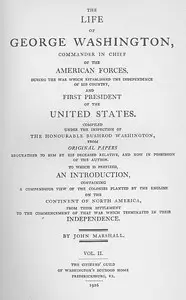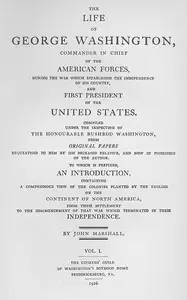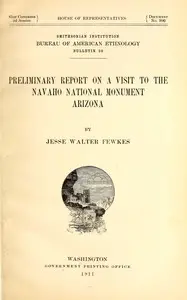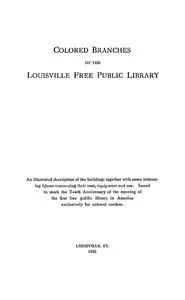"Opinion of the Supreme Court of the United States, at January Term, 1832, delivered by Mr. Chief Justice Marshall" by John Marshall is a legal record of a crucial Supreme Court case concerning sovereignty dynamics between a state and a Native American tribe during the early 1800s. The case highlights issues of state versus federal jurisdiction through the story of Samuel A. Worcester, a missionary arrested for living within Cherokee territory without Georgia's permission. Worcester argued that federal treaties protected the Cherokee from state laws, a position the Supreme Court upheld, declaring Georgia's actions as unconstitutional violations of Cherokee sovereignty and establishing federal authority over Native American affairs. The book presents a detailed account of this legal battle and its landmark decision.

Opinion of the Supreme Court of the United States, at January Term, 1832, Delivered by Mr. Chief Justice Marshall in the Case of Samuel A. Worcester, Plaintiff in Error, versus the State of Georgia With a Statement of the Case, Extracted from the Records of the Supreme Court of the United States
By John Marshall
A missionary's fight against state law unveils a nation's struggle to define sovereignty and justice for Native American tribes.
Summary
About the AuthorJohn Marshall was an American statesman, lawyer, and Founding Father who served as the fourth chief justice of the United States from 1801 until his death in 1835. He remains the longest-serving chief justice and fourth-longest serving justice in the history of the U.S. Supreme Court, and he is widely regarded as one of the most influential justices ever to serve. Prior to joining the court, Marshall briefly served as both the U.S. secretary of state under President John Adams, and a representative, in the U.S. House of Representatives from Virginia, thereby making him one of the few Americans to have held a constitutional office in each of the three branches of the United States federal government.
John Marshall was an American statesman, lawyer, and Founding Father who served as the fourth chief justice of the United States from 1801 until his death in 1835. He remains the longest-serving chief justice and fourth-longest serving justice in the history of the U.S. Supreme Court, and he is widely regarded as one of the most influential justices ever to serve. Prior to joining the court, Marshall briefly served as both the U.S. secretary of state under President John Adams, and a representative, in the U.S. House of Representatives from Virginia, thereby making him one of the few Americans to have held a constitutional office in each of the three branches of the United States federal government.


